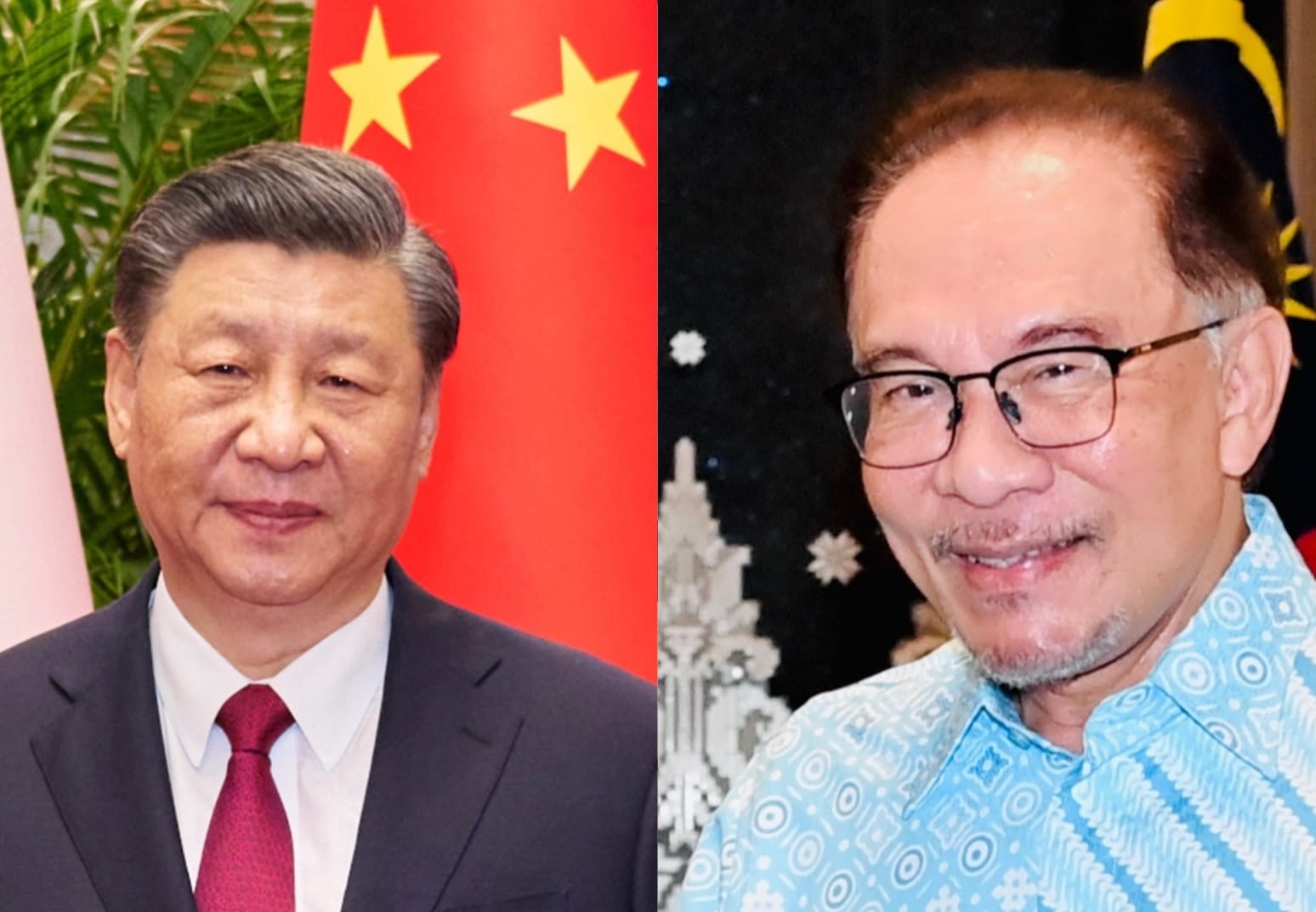Uncovering Israel's Past Organ Harvesting Practices
The allegations made by the aforementioned Swedish newspaper were denied by Israel, and the Swedish government distanced itself from the article after its author admitted to lacking evidence.

In a recent interview with Dr. Yehuda Hiss, the former head of Israel's Abu Kabir forensic institute, it was revealed that in the 1990s, Israeli forensic pathologists harvested organs from deceased individuals, including Palestinians, without their families' consent.
The organs collected ranged from corneas, skin, heart valves, to bones, and were taken from Israeli soldiers, citizens, Palestinians, and foreign workers. However, it is important to note that there is no evidence to support allegations that Israel killed Palestinians specifically for organ harvesting, as erroneously reported by a Swedish newspaper.

Harvesting Israel's Past
Israel has acknowledged these past practices and emphasized that they no longer occur. The harvesting of organs without consent was halted years ago. The allegations made by the aforementioned Swedish newspaper were denied by Israel, and the Swedish government distanced itself from the article after its author admitted to lacking evidence.
In 2010, an investigative report by Haaretz, an Israeli newspaper, confirmed that the Israeli military had indeed harvested organs from deceased bodies, including Palestinians, during the 1990s. The report highlighted the fact that the military did not always seek permission from the families of the deceased.
While Israel has made efforts to combat human trafficking, the United States State Department's Trafficking in Persons Report has deemed these efforts inadequate for the third consecutive year, placing Israel in Tier 2. While recognition is given to Israel's attempts to meet the standards set by the United States Trafficking Victims Protection Act, there remain areas where improvement is needed.
The report acknowledges the Israeli government's "significant efforts" to improve their response to human trafficking. Some of these efforts include the approval of a comprehensive anti-trafficking implementation plan for the period of 2022-2026, the recognition of more trafficking victims, and the revision of victim recognition procedures. However, the report also identifies areas where Israel falls short of meeting the minimum standards.
In particular, there have been inadequate efforts to hold labor traffickers accountable and a non-enforcement policy for Ukrainian refugees working on tourist visas which creates a potential for trafficking. The report also criticizes the Israeli government for not consistently investigating labor trafficking cases referred by non-governmental organizations and for relying on NGOs to identify victims instead of proactively identifying them. Additionally, the oversight of foreign labor recruitment outside of bilateral work agreements was found to be inconsistent and inadequate to prevent forced labor.
Largest Skin Bank
It is worth noting that Israel holds the world's largest skin bank, known as the Israel National Skin Bank (INSB), jointly founded by the Israel Defense Forces (IDF) Medical Corps and the Ministry of Health in 1986. The purpose of the INSB is to store human skin for the treatment of burns and skin cancers. The bank specializes in treating burns and houses a diverse range of skin samples from different races and colors. However, the INSB has faced controversies regarding organ consent and the sourcing of skin samples. There have been documented cases of stealing skin from the bodies of Palestinians without their families' consent.

